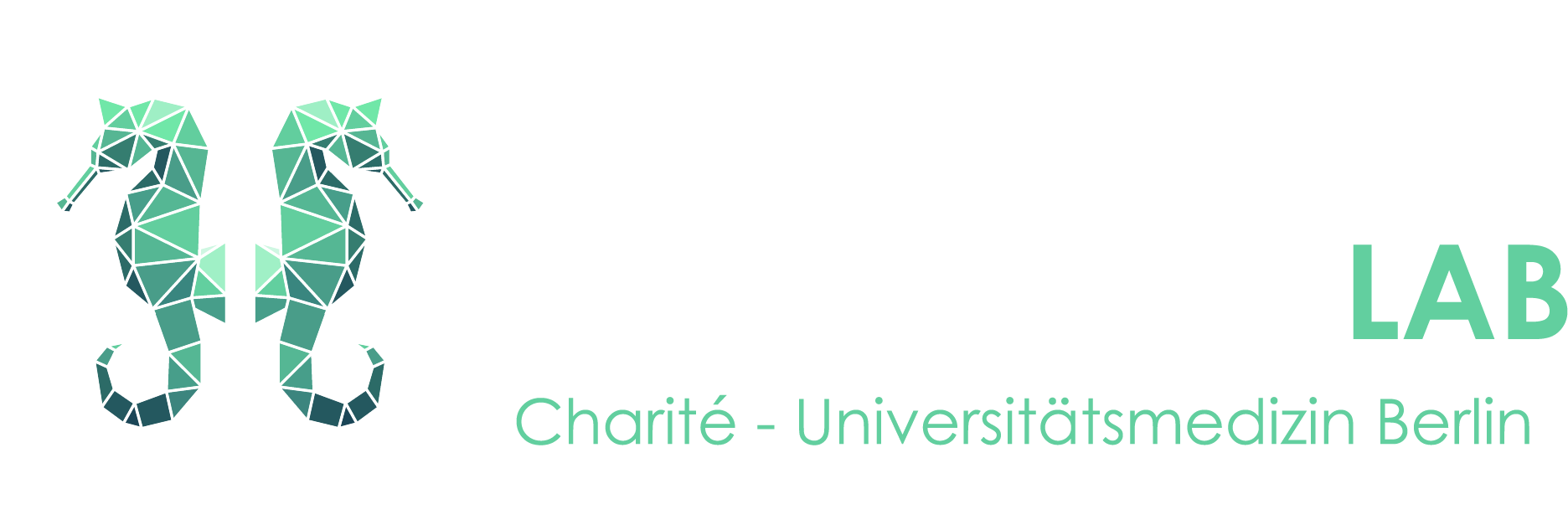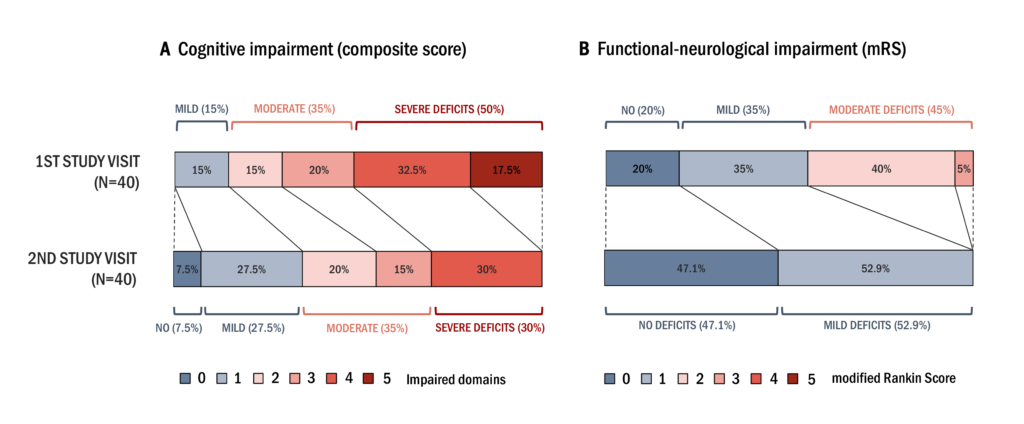Baby brains! New preprint on the formation of brain shape in human newborns!
Nina2023-02-23T11:46:28+01:00The human brain undergoes a phase of critical structural developments around birth. In our new study, we show that this perinatal development comes with a rapid formation of brain shape, beyond the expected growth in brain size.
Specifically, brain shape allowed us to predict the age of the infants from structural MRI data with a mean error of only ~4 days, systematically outperforming age prediction from brain size. Moreover, brain shape detected persistent signatures of premature birth that were not detected by brain size. Furthermore, we found that the brains of genetically related infants are more similar in shape than they are in size. Additionally, this shape similarity allowed us to predict which newborns are twin siblings with up to 97% accuracy, again outperforming twin predictions from brain size.
For more on this, get in touch with Stephan and check out the preprint here:
https://www.biorxiv.org/content/10.1101/2023.01.01.521756v1
Twitter thread:
https://twitter.com/krohn_stephan/status/1610346665885433857


